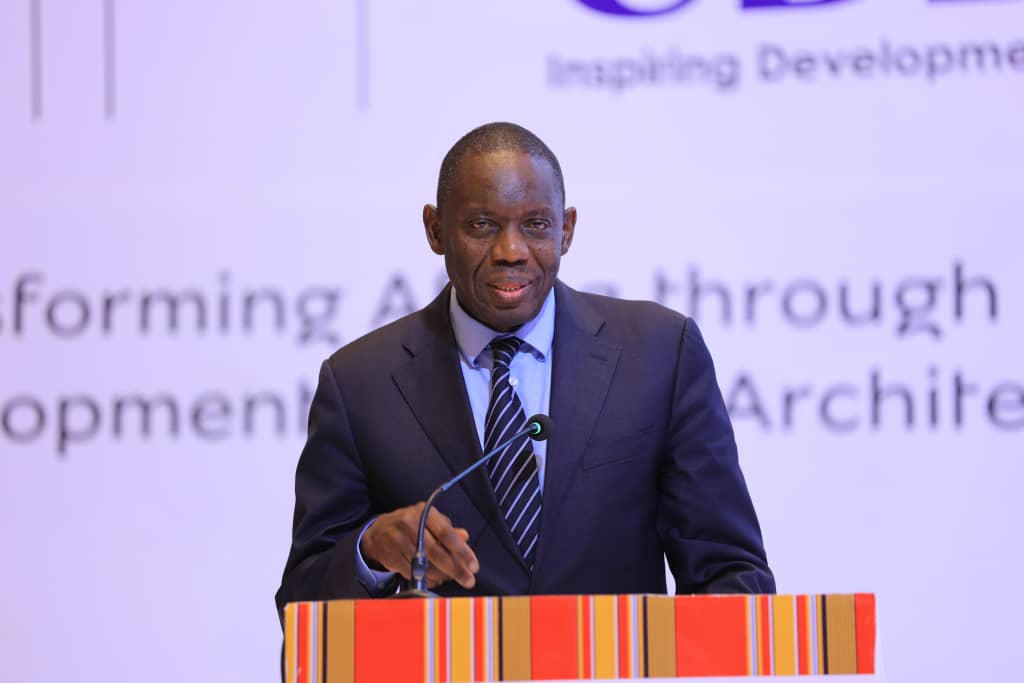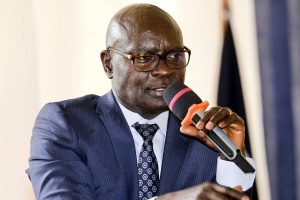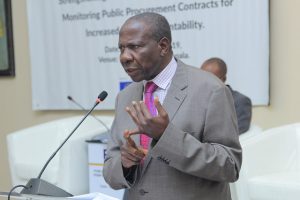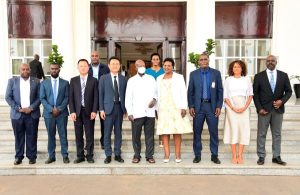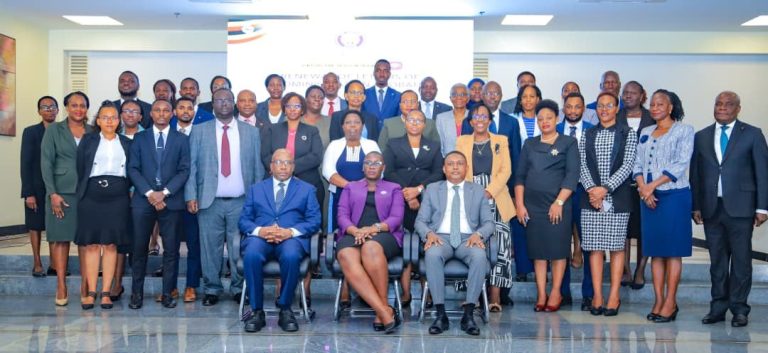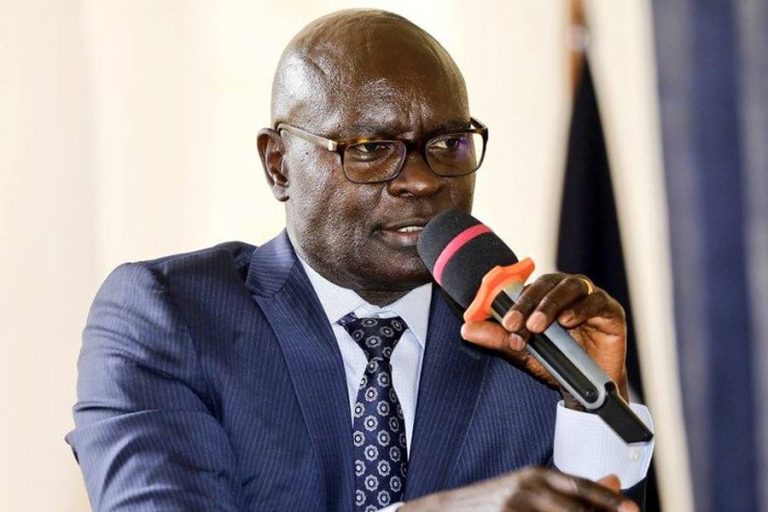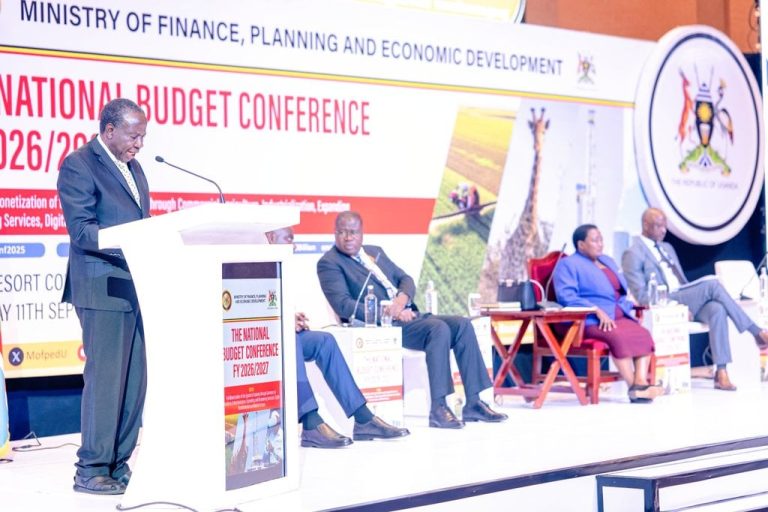The Governor of the Bank of Uganda (BoU), Michael Atingi-Ego, has called for a bold rethink of development financing to address Africa’s long-term capital needs and unlock the continent’s economic potential.
He made the appeal on Tuesday during the closing of the Uganda Development Finance Summit 2025 at Speke Resort Munyonyo.
The two-day event, convened by the Uganda Development Bank (UDB), brought together leaders, financiers, and experts who emphasised the urgent need to reimagine Africa’s financing architecture.
In his remarks, Governor Atingi stressed that lowering punitive interest rates and strengthening strategic development finance is essential for creating jobs, boosting output, and lifting millions out of poverty.
“The message is clear. Development finance must be purposeful, inclusive, and forward-looking, correcting market failures, catalysing private investment, and de-risking projects that traditional financiers tend to avoid,” he said.
He highlighted Africa’s immense potential, citing its demographic advantage, vast natural resources, agricultural capacity, and growth in the digital and blue economies. However, he also pointed to major hurdles including climate change, infrastructure gaps, and persistent poverty.
The governor criticised the over-reliance of the private sector on commercial banks for long-term financing, warning that such a model is unsustainable.
“Going to a commercial bank to ask for a ten-year loan for a development project for a bank whose liability after two years is really suicidal. That is why interest rates for long-term development in African countries, including Uganda, are very high today,” he noted.
He argued that vibrant national development banks should take up the role of providing long-term capital, while commercial banks focus on short-term working capital.
However, he acknowledged the challenge of raising sufficient long-term finance and questioned whether issuing corporate bonds would be cost-effective given current market conditions.
Instead, he proposed that development banks adopt sustainable financing models by directing capital towards green and socially impactful projects.
“A sustainable development bank can only thrive if the environment in which the financial sector operates is sustainable. We should measure value for every loan issued – in terms of jobs created, exports boosted, and lives lifted out of poverty,” Atingi said.
He further urged development banks to play a leading role in financing value addition, regional integration, cross-border infrastructure, and Africa’s green industrial policy.
UDB Managing Director, Patricia Ojangole, reaffirmed the bank’s commitment to addressing Uganda’s development challenges through well-researched interventions.
“Beyond financial sustainability, we are equally committed to demonstrating sustainability on the socio-economic front. We strive to balance financial soundness with tangible economic impact,” she said.
She also called on governments to capitalise national development banks with the right type of funding, stressing that without proper support, external funders could shape agendas away from national priorities.
Joshua Mwesiga, UDB’s Director of Strategy and Corporate Affairs and Chair of the organising committee, thanked delegates for their contributions.
“Your presence and active participation have truly made this summit a success,” he said.

